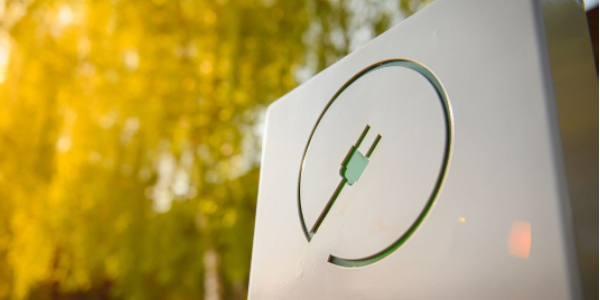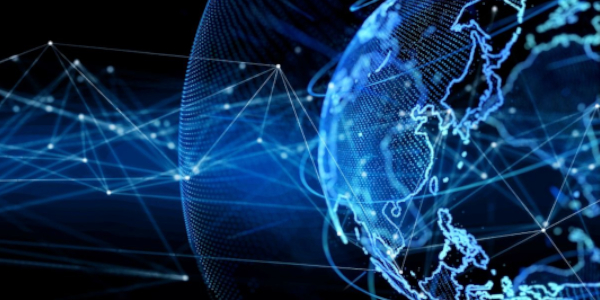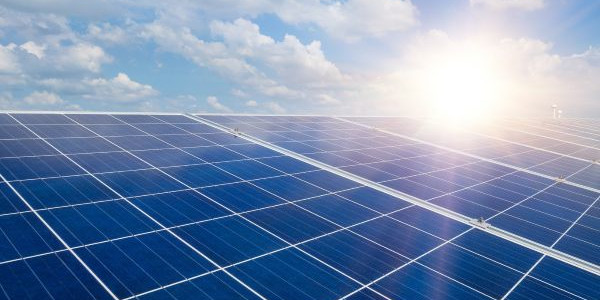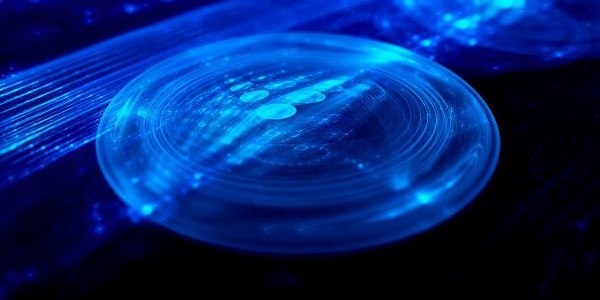AI-Driven Efficiency: How Cosmos Innovation And A*STAR Are Powering The Next Generation Of Solar Cells
As the world accelerates its transition to renewable energy, solar technology faces a critical bottleneck: current silicon-based solar cells are approaching their efficiency ceiling. In response, Singapore-based startup Cosmos Innovation is combining AI with next-gen materials to reimagine solar manufacturing. With foundational support from A*STAR’s research ecosystem, Cosmos is now building some of the world’s most cost-effective and efficient perovskite-silicon tandem (PST) solar cells — and transforming the future of clean energy.
Jump to Section: The Challenge | Our Innovation | The Impact
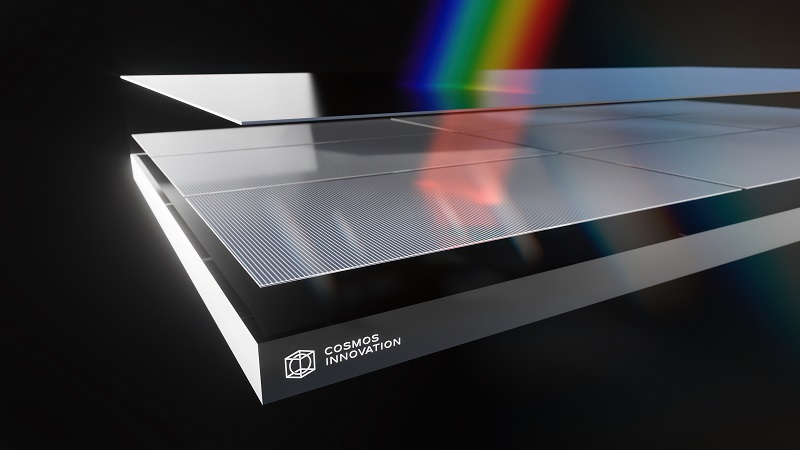
Rendering of Cosmos Innovation's Solar Panel
The Challenge
Silicon solar cells currently dominate the global market, accounting for about 95 per cent of all solar panels. However, studies show that silicon solar cells efficiency would soon reach its limit at 27 per cent, prompting researchers to look for alternative solutions. Industry and researchers alike have turned to perovskite-silicon tandem cells — a promising solution with the potential to boost efficiency up to 39.5 per cent1.
But developing these new materials at scale poses a “golden trifecta” challenge: achieving high efficiency, long-term stability, and large-area scalability — all at competitive costs. Compounding this challenge, traditional process development in semiconductors is notoriously slow, relying on laborious trial-and-error experimentation.
Our Innovation
Former A*STAR researchers Dr Vijay Chandrasekhar and Dr Joel Li co-founded Cosmos Innovation in 2020 to address this exact gap. Their vision: apply AI to dramatically accelerate solar and semiconductor process development.
Mobius, their proprietary AI engine, was designed to for accelerating development — the complex parameters needed to fabricate efficient solar cells. The duo likens this to perfecting a dish in the kitchen. But instead of food, their ingredients are silicon, metal, and perovskite.
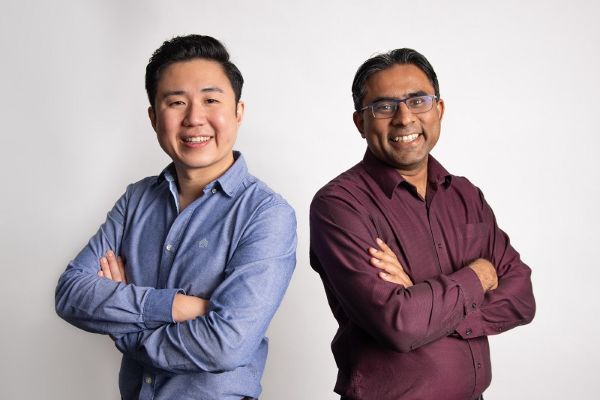
Cosmos Innovation Co-Founders Joel Li and Vijay Chandrasekhar
Similar to finding the recipe to make the best dish, we are working on finding the process recipe to make the most efficient solar panel.
– Dr. Li, Co-founder and chief technology officer
Key contributions from A*STAR included:
- Early-stage data collaboration with the A*STAR Institute of Microelectronics (A*STAR IME) to access and generate datasets for AI model development, especially in compound semiconductors such as silicon carbide.
- Deployment of five T-Up projects under A*STAR's Technology for Enterprise Capability Upgrading (T-Up) scheme, enabling Cosmos to gain access to top AI and semiconductor experts from A*STAR Institute for Infocomm Research (A*STAR I²R).
The biggest pain point was getting access to data sets to build our models and capabilities for this particular domain. This is where A*STAR proves invaluable.
- Dr Vijay Chandrasekhar, CEO and Co-Founder, Cosmos Innovation
These collaborations laid the foundation for Cosmos to evolve from a platform company into a product company. In 2023, they built their own R&D fabrication line — enabling full control of data quality and faster iteration cycles for their AI system.
The Impact
Cosmos Innovation’s breakthroughs, enabled by research, talent and infrastructure support from A*STAR, are already delivering measurable real-world outcomes:
- 10× faster process optimisation: What typically takes a year can now be achieved in a month using Mobius, significantly accelerating R&D timelines.
- Significant cost savings: AI-driven process development reduces material waste and labour costs, unlocking economically viable PST solar cell manufacturing.
- Global recognition: Named to the World Economic Forum’s 2024 Technology Pioneers cohort2, Cosmos is positioned as a global leader in solar innovation.
As solar energy demand continues to surge, Cosmos Innovation and A*STAR’s partnership demonstrates how AI and deep tech can not only advance science — but accelerate its translation into scalable, global impact.
1Perovskite-silicon tandem solar cells have practical efficiency potential of 39.5%
2 Innovation gets honoured as a top startup by the World Economic Forum
A*STAR celebrates International Women's Day

From groundbreaking discoveries to cutting-edge research, our researchers are empowering the next generation of female science, technology, engineering and mathematics (STEM) leaders.
Get inspired by our #WomeninSTEM


